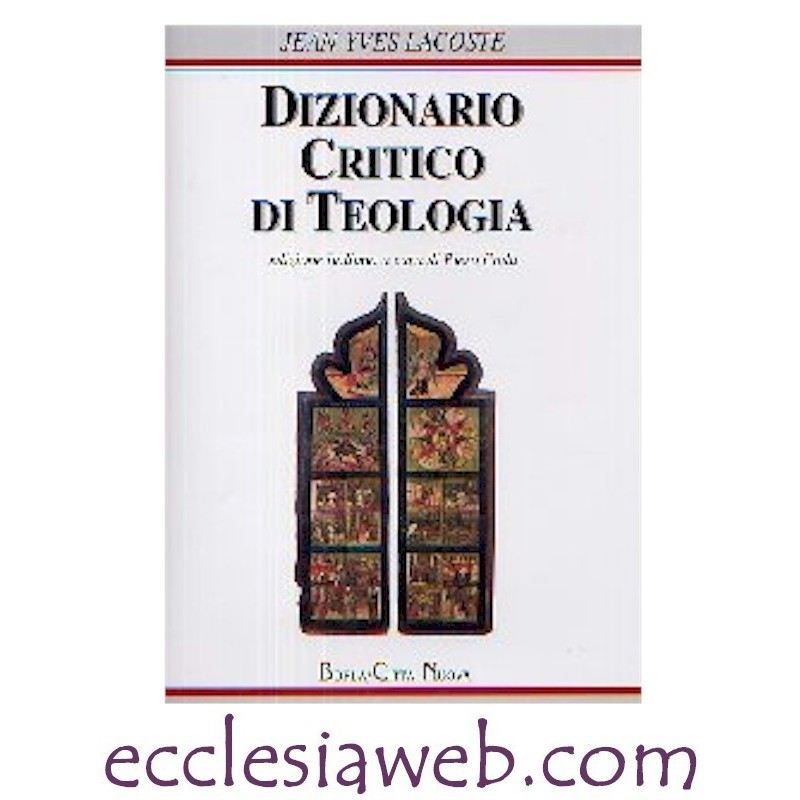


This dictionary offers an almost encyclopedic overview of theology.

This dictionary offers an almost encyclopedic overview of theology.
check_circle
check_circle
